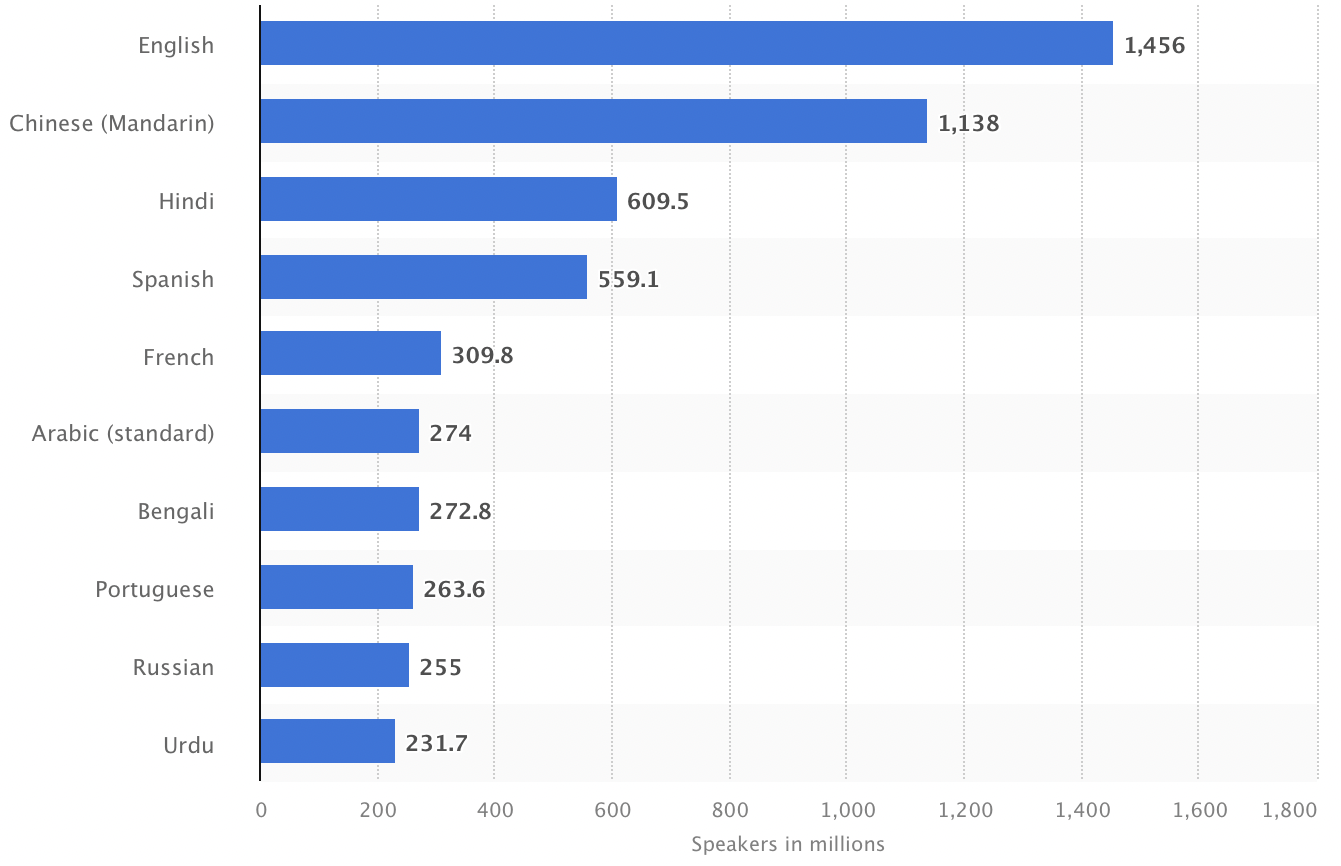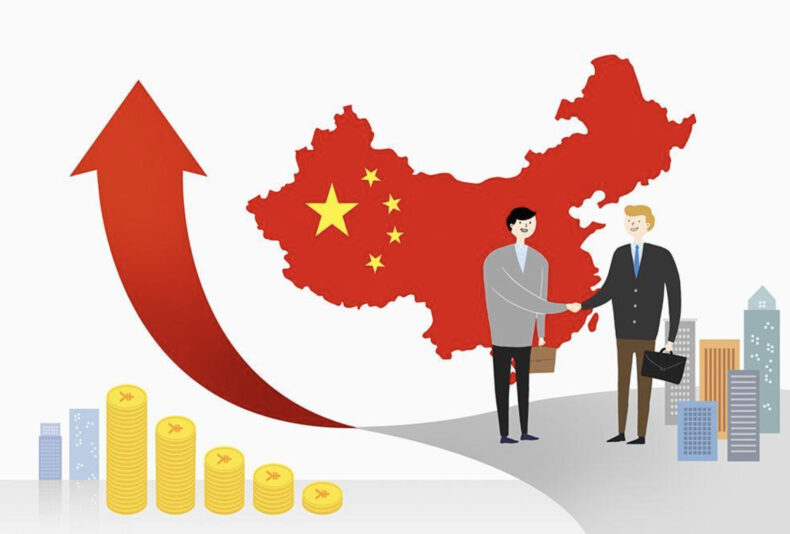In an interconnected world, effective communication is the key to successful international relations. As economic, cultural, and political ties between nations continue to strengthen, the demand for individuals proficient in multiple languages is rapidly growing. Among these languages, one has emerged as a frontrunner in the field of global diplomacy: Mandarin/Chinese. With its rich history, economic prowess, and growing influence, learning Chinese has become an invaluable asset for navigating the complex realm of international relations
Rise of China
Throughout history, certain languages have emerged as “Global Languages,” promoted by hegemonic powers as tools for unity and communication. Latin, French, and English have held this distinction, with English currently reigning as the global language. However, in the 21st century, the rise of China as a global power and its potential as a competitor to the United States have brought Mandarin Chinese into the spotlight. Mandarin is now contending with English as the second most spoken language in the world.

As China continues to assert itself on the global stage, the Chinese government recognises the importance of promoting Mandarin Chinese. With over 40 million foreigners outside China actively learning the language, Mandarin is experiencing a surge in popularity. The Chinese government’s promotion of Mandarin serves as a means to project its “soft power” – political influence extended through diplomacy, international assistance, and cultural exchanges – rather than relying solely on military or economic measures. As China’s influence continues to grow, proficiency in Mandarin is becoming an essential asset in navigating the complexities of our interconnected world.
A Bridge to the World’s largest Economy
China’s meteoric rise as an economic powerhouse cannot be ignored. Its unparalleled trade opportunities, vast consumer market, and massive infrastructure projects have made it an attractive destination for businesses and investors worldwide, learning Chinese provides individuals with a direct channel to tap into this immense market. The ability to communicate effectively in their native language demonstrates respect, cultural understanding, and a genuine commitment to engaging with their business community. This linguistic bridge enhances trust and facilitates smoother negotiations, ultimately leading to mutually beneficial agreements and enhancing the likelihood of success in business endeavours.
China’s Belt and Road Initiative (BRI), A massive infrastructure and development project spanning multiple continents, further underscores the importance of Mandarin proficiency. As this initiative aims to connect nations through trade and infrastructure networks, language barriers can hinder effective collaboration. Diplomats and professionals fluent in Mandarin can actively participate in BRI projects, engage with Chinese partners, and contribute to the success of this ambitious endeavour.
Cultural Sensitivity and Soft Power
In the realm of international relations, cultural sensitivity and understanding play a pivotal role in establishing meaningful connections and fostering cooperation, proficiency in Mandarin enables diplomats to understand and navigate the nuances of Chinese society, comprehend cultural subtleties and avoid misunderstandings. This linguistic bridge helps to break down barriers and foster mutual respect therefore building a solid foundation for diplomatic exchanges and strengthening bilateral ties
Charting a Path in Global Affairs
China’s geopolitical influence has grown exponentially, warranting a comprehensive understanding of its motives, policies, and aspirations. Learning Chinese equips diplomats with the ability to access and interpret Chinese media, literature, and intellectual discourse firsthand. This firsthand perspective enables a deeper comprehension of China’s geopolitical strategies, facilitating informed decision-making and more effective diplomatic negotiations. Proficiency in Chinese positions diplomats as navigators in the ever-evolving landscape of global affairs.
Mandarin for the Common Man
Learning Chinese offers a range of benefits for the common man, extending beyond the realm of international relations
- Enhanced Career Opportunities: China’s economic rise has resulted in a growing demand for professionals who can bridge the language and cultural gap between China and the rest of the world. Learning Chinese can open up exciting career opportunities in fields such as international business, trade, finance, tourism, education, translation, and cultural exchange. Proficiency in Mandarin will set you apart in the job market, giving you a competitive edge and increasing your employability.
- Travel and Immersion Opportunities: China is a vast and diverse country with a myriad of landscapes, traditions, and regional dialects. Proficiency in Chinese empowers individuals to explore the country more authentically, communicate with locals, and navigate everyday situations with ease. Whether it’s for travel, work, or study abroad programs, knowing the local language enriches the experience, allowing individuals to immerse themselves in the culture and gain a deeper appreciation of their surroundings.
- Communication in a Globalised World: Knowing Chinese offers an advantage in global communication. As China’s influence expands, Chinese language skills become more valuable for cross-border interactions, both online and offline. From social media platforms to business networks, being able to communicate with Chinese speakers opens up new avenues for collaboration, knowledge-sharing, and cultural exchange.
As the world becomes increasingly interconnected, the ability to communicate effectively across cultural and linguistic barriers is no longer a luxury but a necessity. The rise of China as a global powerhouse demands a greater emphasis on mastering Mandarin as an essential skill for international diplomats. Proficiency in Chinese opens doors to economic opportunities, cultural understanding, people-to-people connections, and a nuanced comprehension of China’s role in global affairs. Whether in business, diplomacy, academia, or any field with international implications, those who embrace the challenge of learning Chinese position themselves as leaders in the era of global diplomacy,













